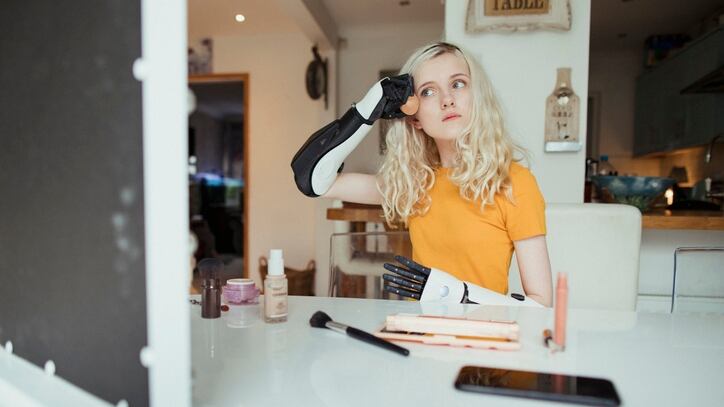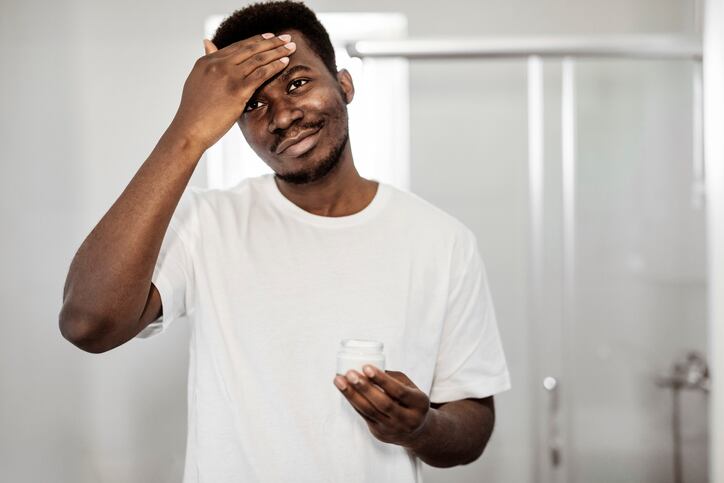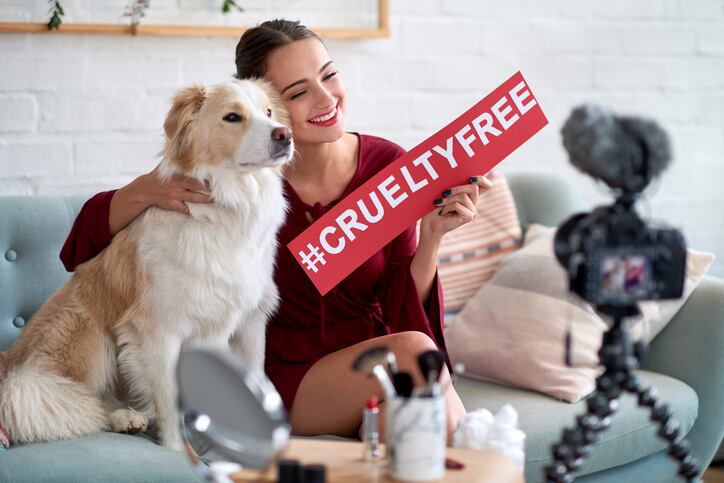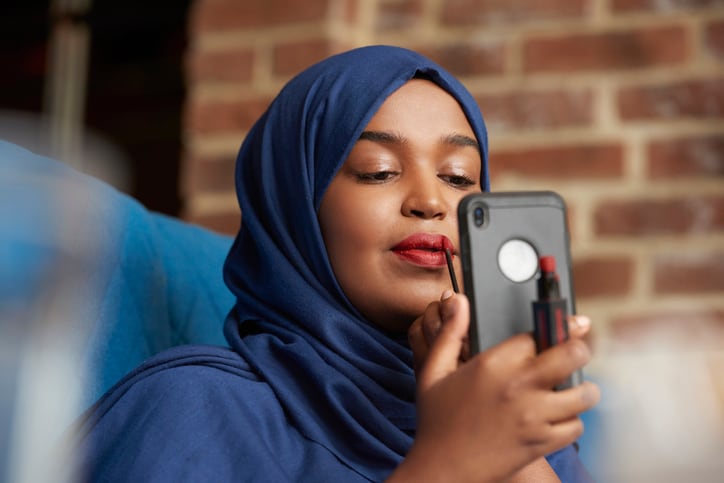
CosmeticsDesign spoke with Simon Pitman, global senior analyst for Mintel Beauty and Personal Care, about what the disabled beauty market looks like, what gaps exist and where brands or products could fit in.
This interview was conducted via email.
What kind of representation are people with disabilities looking for in the beauty segment?
All consumers – both disabled and able-bodied - want individuals with disabilities to be better represented, something that is underlined by Mintel data showing that 75% of US consumers want to see greater representation of disabled people in advertising and marketing campaigns in the beauty space.
Going beyond this, people with disabilities also want beauty and personal care products that are developed according to the specific needs and challenges that their disabilities present, including physical impairment as well as intellectual disabilities.
What product gaps are there for people with disabilities?
There are many gaps but it should also be recognized that needs vary according to the different beauty and personal care categories and the type of disability. The priority is to provide products that are designed to help make the beauty and personal routines for disabled individuals easier and more convenient.
Personalization has played a big part in the evolution of the BPC industry in recent years, reflected by the fact that 37% of consumers in China will make an impulse BPC purchase if there is an option to personalize the product. Brands will benefit even more if they extend personalization to meet the needs of people with disabilities.
This can mean redesigning packaging or applicators for easier use as well as reformulating to meet particular needs arising from different disabilities.
Are there any notable companies pursuing/filling these gaps?
Representation of people with disabilities is generally underserved by the big brands. In 2021 Unilever launched what was claimed to be the first-ever deodorant targeting people with physical disabilities. Called Degree, it is designed for easy opening and application for those who struggle with conventional deodorant packaging designs.
Across the beauty categories, the color cosmetics area has also seen a number of innovations from indie beauty players, with UK brand Grace Beauty developing a complete range of products designed around ease of application.
But despite the obvious gaps in the market for dedicated product lines to meet the needs of people with disabilities, innovations from major BPC players remain scarce.
What do beauty professionals need to know about people with disabilities as a consumer group?
The first thing that beauty professionals need to recognize is that disabilities come in many forms. This presents a very wide range of specific challenges for different types of mental and physical disabilities, not to mention the specific limitations that old age brings about.
Designing products that meet the different challenges presented by the spectrum of disabilities is demanding, but a targeted approach is the best way to meet those needs successfully and close in on the gaps that still exist across the beauty and personal care space.




